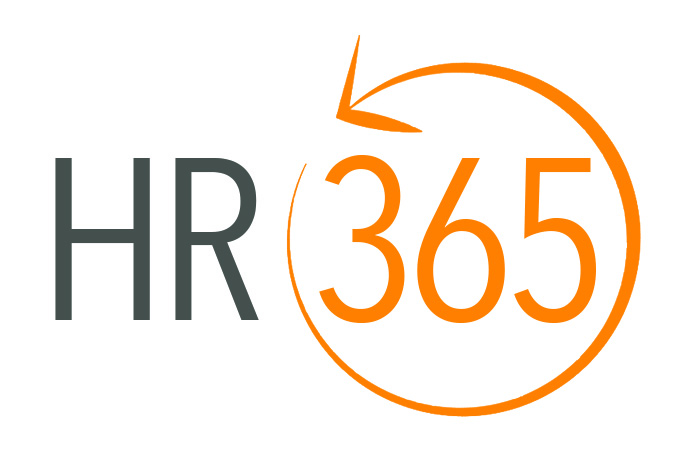WASHINGTON, DC – The U.S. Department of Labor today announced a proposed rule to clarify and update the regulations governing regular rate requirements for the first time in more than 50 years.
Regular rate requirements define what forms of payment employers include and exclude in the “time and one-half” calculation when determining workers’ overtime rates.
Under current rules, employers are discouraged from offering more perks to their employees as it may be unclear whether those perks must be included in the calculation of an employees’ regular rate of pay. The proposed rule focuses primarily on clarifying whether certain kinds of perks, benefits, or other miscellaneous items must be included in the regular rate. Because these regulations have not been updated in decades, the proposal would better define the regular rate for today’s workplace practices.
“The regular rate proposal would provide clarity for employers to allow them to add more benefits to their employees without unknown overtime consequences or litigation,” said Keith Sonderling, Acting Administrator for the Department’s Wage and Hour Division. “This proposed rule offers a positive path forward to employers and employees alike.”
The Department proposes clarifications to confirm that employers may exclude the following from an employee’s regular rate of pay:
- the cost of providing wellness programs, onsite specialist treatment, gym access and fitness classes, and employee discounts on retail goods and services;
- payments for unused paid leave, including paid sick leave;
- reimbursed expenses, even if not incurred “solely” for the employer’s benefit;
- reimbursed travel expenses that do not exceed the maximum travel reimbursement under the Federal Travel Regulation System and that satisfy other regulatory requirements;
- discretionary bonuses, by providing additional examples and clarifying that the label given a bonus does not determine whether it is discretionary;
- benefit plans, including accident, unemployment, and legal services; and
- tuition programs, such as reimbursement programs or repayment of educational debt.
The proposed rule also includes additional clarification about other forms of compensation, including payment for meal periods, “call back” pay, and others.
More information about the proposed rule is available at www.dol.gov/whd/overtime/regularrate2019.htm. The Department encourages interested members of the public to submit comments about the proposed rule electronically at www.regulations.gov, in the rulemaking docket RIN 1235-AA24. Comments must be submitted by 11:59 pm on May 28, 2019 in order to be considered.
